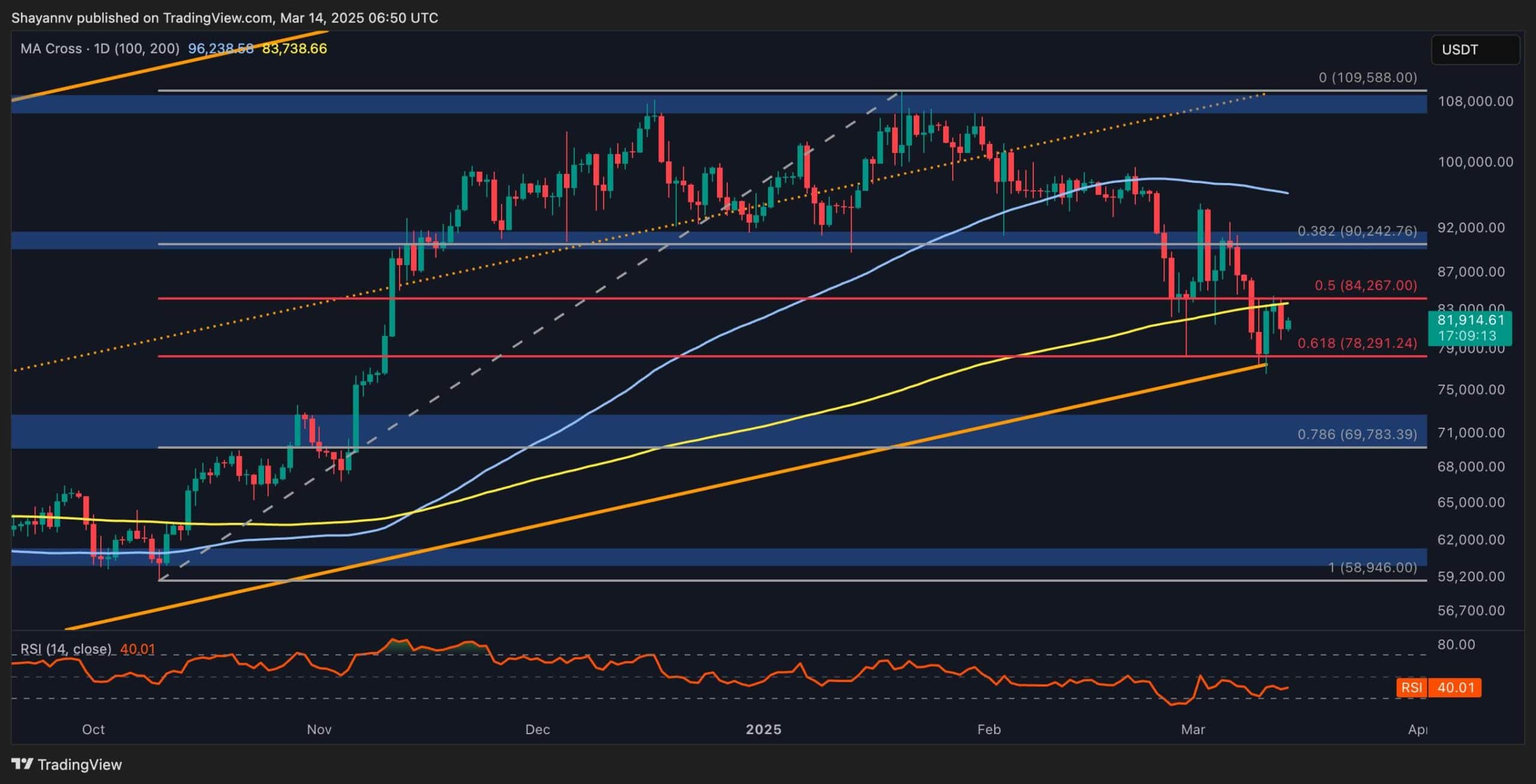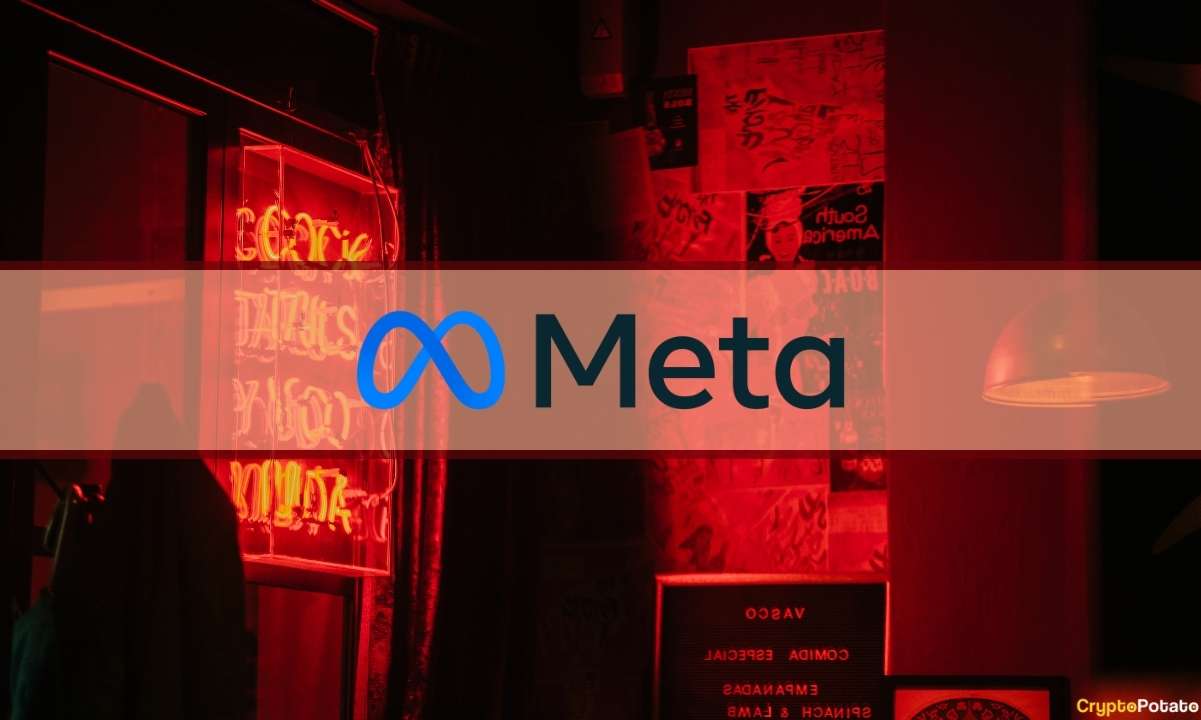11% Of Business In Spain Use Blockchain Technology, Report
The use of decentralized technologies is growing in Spain, and we are not just talking about cryptocurrencies but blockchain in general, especially for enterprise purposes.
From municipalities and public universities to corporations and industries, more and more businesses are adopting the blockchain in one way or another, increasing the ecosystem’s diversity and activity.
According to a report by business consulting firm IDC Spain, about 46% of large companies in Spain are in favor of incorporating blockchain and cryptographic technologies to increase their security.
The Use of Blockchain Technologies is Growing in Spain
The report, “State of the Art of Blockchain and Cryptographic Technologies in Spain,” was published by IDC in partnership with the technology company REALSEC. It evaluates how blockchain technologies have evolved in Spanish companies and shows more ambitious figures than those recorded in the first edition of its release.
The report also states that 1 in 4 companies in Spain have had exposure to blockchain technologies, yet 11% of the business sector actively uses a blockchain, a significant growth compared to the 1% recorded just one and a half years ago.
The report also notes that 17% of logistics companies are expected to have a relationship with a blockchain company or to provide IoT services.
Jesús Rodríguez, CEO of Realsec, said in an interview published on his company’s official website that although the use of blockchain solutions has a growing acceptance in the Spanish industry, there is still a need to work on its efficiency and show it as a viable competition against other centralized and more traditional solutions.
“The new economy imposes adopting new business models based on digital innovation. In this context, in 2020, blockchain has begun to be perceived as an efficient technology that contributes to reducing costs and risks and as one of the main technological strategies that want to incorporate a large number of companies.”
Blockchain Good, Crypto Bad
Spain loves blockchain technology. In fact, the government itself is promoting a regulatory sandbox that could serve to boost blockchain businesses in several areas, and the Central Bank of Spain said that it prioritized investigations about a CBDC.
However, the government is not very friendly to the cryptocurrency philosophy and has worked hard to tax cryptocurrency trading, even considering the use of AI to identify cryptocurrency traders. Also, the government is open to reforming its legal framework to better regulate cryptocurrencies.
Recently Spain’s tax office sent more than 15,000 letters to various cryptocurrency traders and hodlers registered in the country, reminding them to pay their taxes. Previously the authorities had asked local exchanges and providers of financial services for information on how users exchanged their cryptocurrencies.
Seems like Spain is another country with the “Blockchain, not Bitcoin” mindset.









